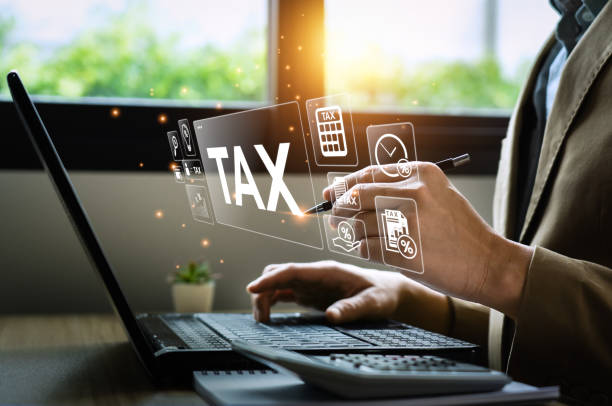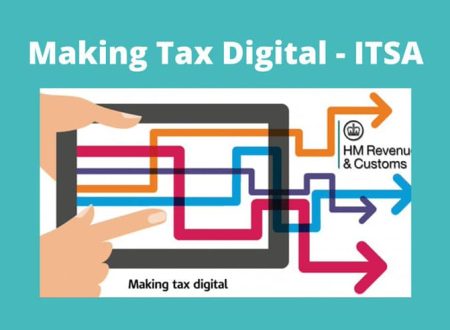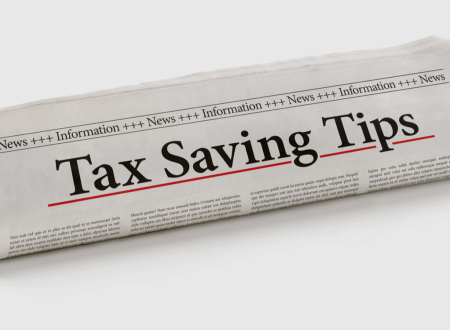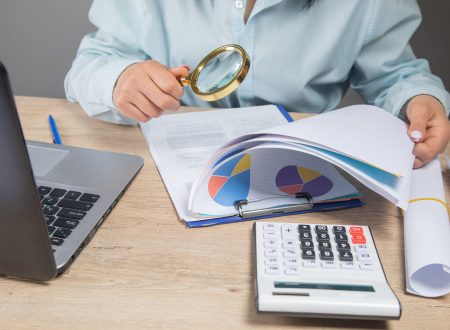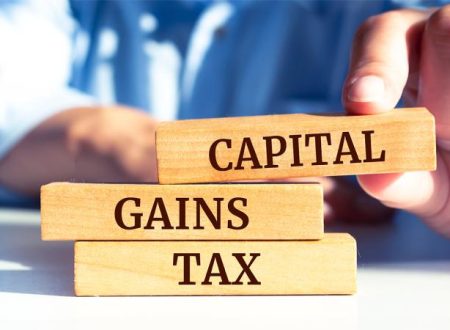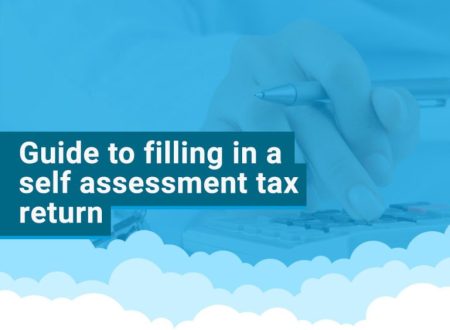If you’re a landlord in the UK, keeping up with tax return deadlines is just as important as finding reliable tenants. HMRC requires landlords to declare rental income correctly and on time — and failing to do so can lead to penalties and unnecessary stress.
At TT Accountancy Services (TTAS), we help landlords across London and the UK file accurate returns, avoid mistakes, and stay compliant. In this guide, we’ll explain the key deadlines for landlord tax returns and the common pitfalls to avoid.
Do Landlords Need to File a Tax Return?
Yes. If you earn rental income above £1,000 per year (Property Allowance), you must declare it to HMRC through a Self-Assessment tax return.
This applies to:
- Buy-to-let property owners
- Holiday let landlords
- Those renting out a second home
- Individuals renting a room in their home (above the Rent a Room Scheme allowance)
Key Deadlines for Landlord Tax Returns
- 5 October 2025 – Deadline to register for Self-Assessment (if this is your first rental income year).
- 31 October 2025 – Deadline for paper tax returns.
- 31 January 2026 – Deadline for online tax returns and final payment for the 2024/25 tax year.
- 31 July 2026 – Deadline for the second payment on account (if applicable).
Missing these dates can lead to late filing penalties and interest charges from HMRC.
HMRC Self-Assessment deadlines
Common Mistakes Landlords Make on Tax Returns
1. Forgetting to Declare All Income
Some landlords mistakenly think only profit needs reporting. HMRC requires all rental income to be declared, even if expenses reduce it to zero.
2. Mixing Personal and Rental Expenses
Expenses must be wholly and exclusively for rental purposes. Personal costs such as home broadband or personal travel cannot be claimed.
3. Missing Allowable Expenses
Landlords often forget to claim deductions such as:
- Mortgage interest (restricted relief)
- Repairs and maintenance
- Letting agent fees
- Insurance premiums
- Council tax and utility bills (if paid by landlord)
Allowable expenses for landlords – HMRC
4. Not Keeping Proper Records
HMRC expects landlords to maintain records for at least 5 years after the filing deadline. Invoices, receipts, and bank statements should all be kept in case of an enquiry.
5. Ignoring Capital Gains Tax (CGT) When Selling
If you sell a rental property, you may need to pay Capital Gains Tax (CGT) within 60 days of completion. Many landlords overlook this and end up with penalties.
Report and pay CGT on UK property
How to Stay Compliant
- Keep digital records to meet Making Tax Digital (MTD) requirements.
- File before the deadline to avoid penalties.
- Seek advice from an accountant if unsure about allowances or reliefs.
- Use cloud-based tools (like Xero or QuickBooks) to track rental income and expenses.
How TT Accountancy Services Can Help Landlords
At TTAS, we provide:
- Self-Assessment tax return filing for landlords
- Advice on allowable expenses and tax reliefs
- CGT calculations and reporting for property sales
- Digital record-keeping solutions for MTD compliance
Contact TT Accountancy Services today and let us simplify your landlord tax returns.
Managing rental property is rewarding, but tax deadlines and HMRC compliance can feel overwhelming. By keeping good records, claiming the right expenses, and filing on time, landlords can avoid penalties and keep more of their rental profits.
With the support of TTAS, you’ll never have to worry about missing a deadline or making costly mistakes.

 ?>
?>